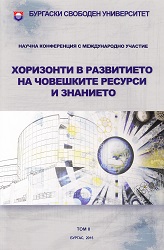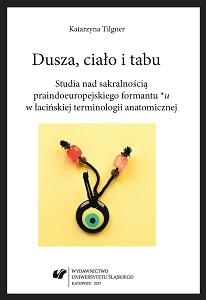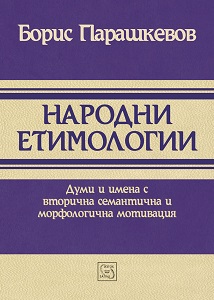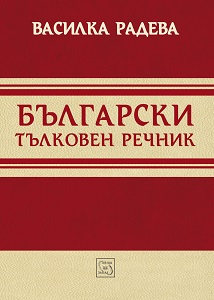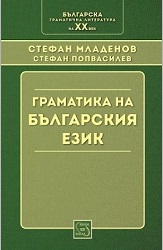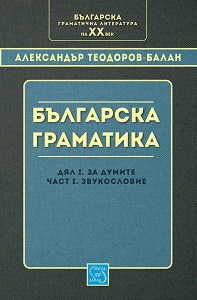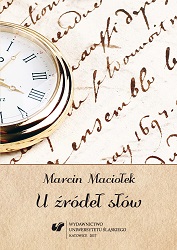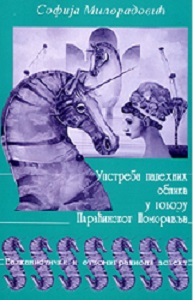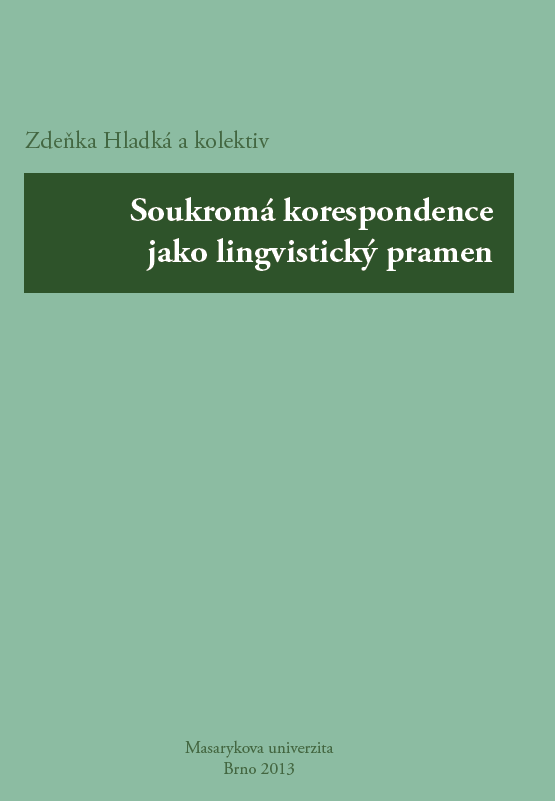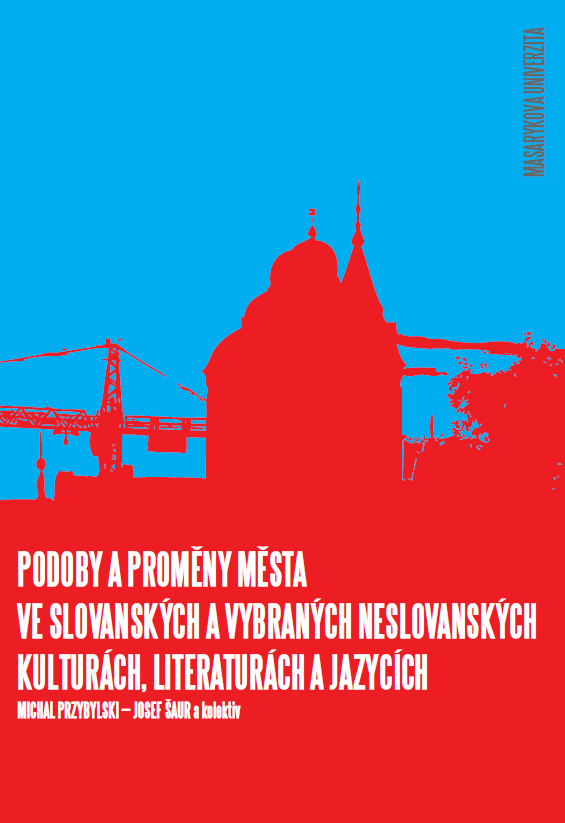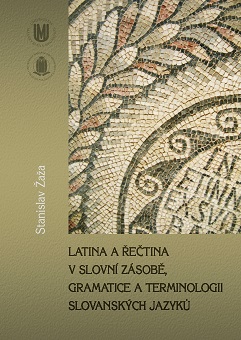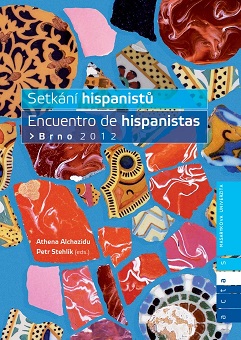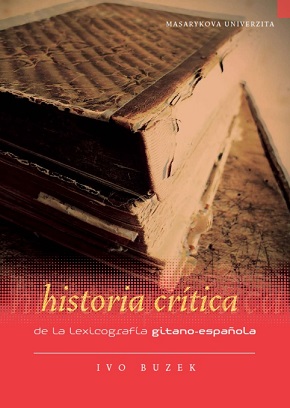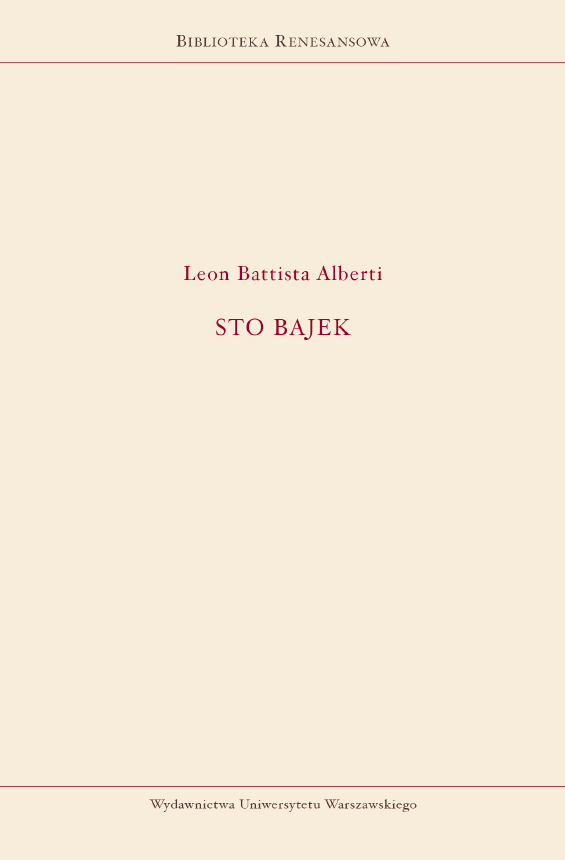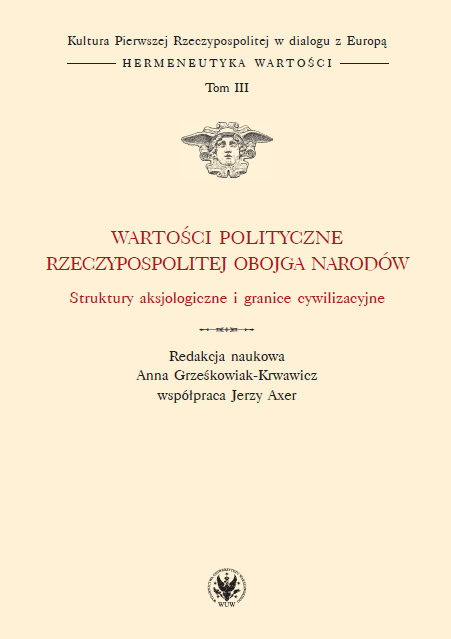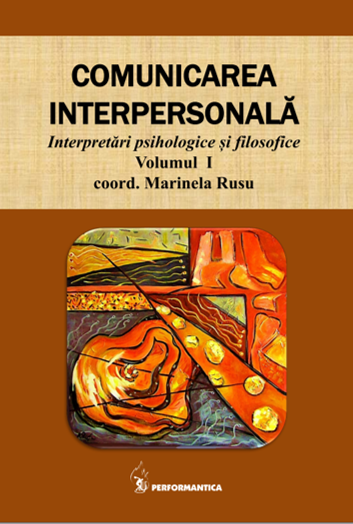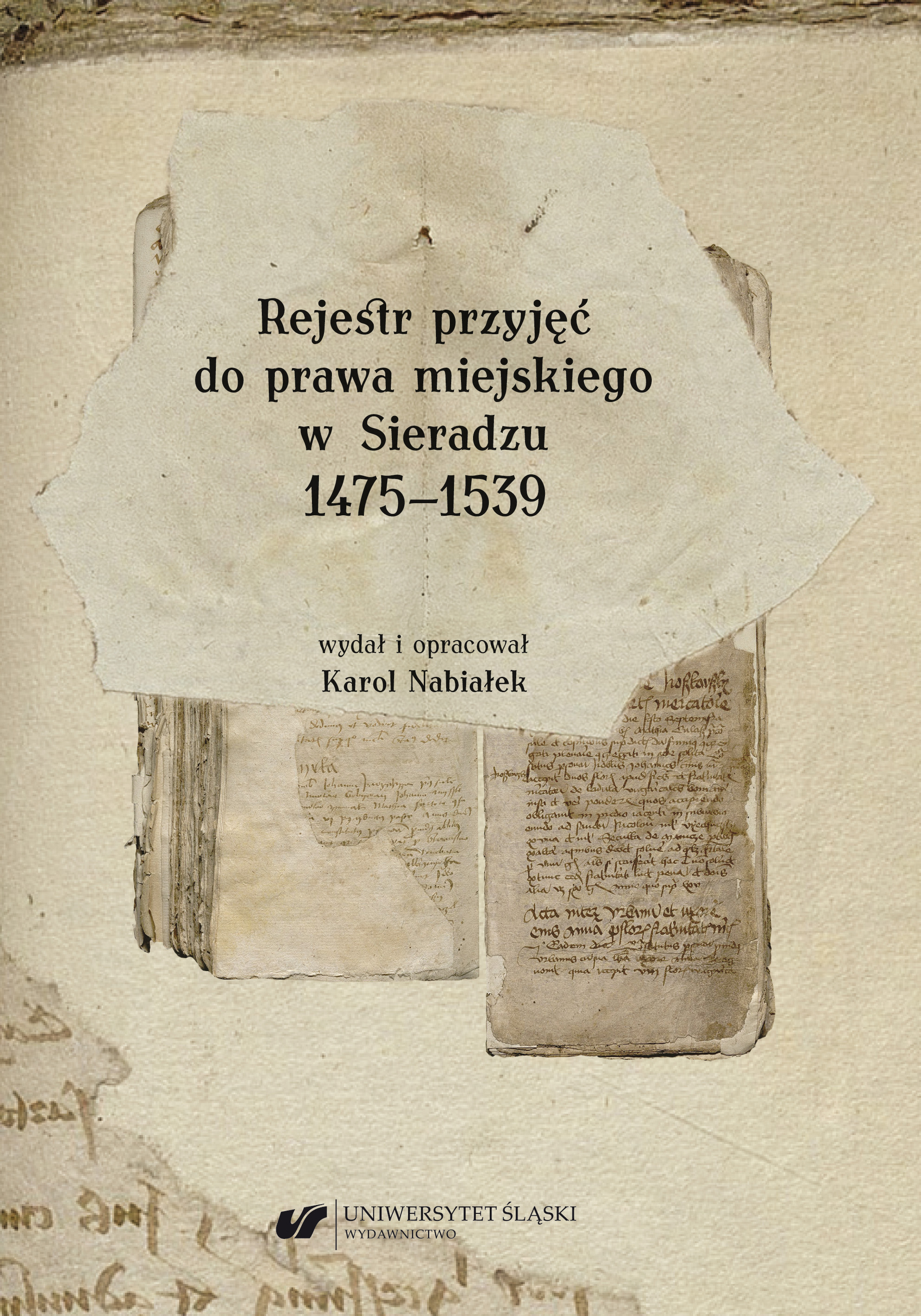Author(s): Sofija Miloradović / Language(s): Serbian
The region of Paraćinsko Pomoravlje belongs to the Kosovo-Resava dialect of the Serbian language, but the speech of this part of Veliko Pomoravlje occupies the bordering zone between two dialectal masses of Serbian — the Kosovo-Resava and the Timok-Prizren dialects. The speech of Paraćinsko Pomoravlje has proven to be a very rich source of information about metanastatic movements as well as about the origin of population. This speech is, to a very high degree, the result of migrations of the representatives of southern and south-eastern sub dialects, which have been taking place ever since the century and into this day. To a somewhat lesser degree the structure of this speech has been affected by its geolinguistic status i.e. its position in the bordering zone. The portion that belongs to the oldest — and the strongest — the Kosovo-Resava migrational stream, is about the largest one. Then it is followed — and in some villages even preceded — by the Vardar-Južna Morava stream, while the Dinaric population is scarcely represented and mostly overwhelmed by the settlers of the Timok-Braničevo and Šop streams. In the course of time, the immigrants of the Vardar — Južna Morava provenience, originality probably the most dominant in the places of the Paraćin region alongside the river of Velika Morava, have imposed the features of their original vernaculars on the population outside the Morava valley proprer. The abovementioned facts have directly caused the super stratification of certain Balkanistic features onto the unquestionable Kosovo-Resava dialectal basis of the studied speech. These include, in the first place, the proportion of penetration of casus generalis and a conspicuous tendency toward analytism. The situation regarding the use of case forms, generally speaking, is closer to that in the Prizren — Južna Morava vernaculars than to the one in Kosovo-Resava dialects. After describing the syntactic features in the realm of use of case forms in this transitional speech I tried to establish, by tracing the change of distribution of case forms brought about by a substantial influence of analytic structures, the extent to which — within the range of each case and each case construction — flective forms have been preserved (in otherwords, the Kosovo-Resava situation), as well as the lines on which they have been penetrated by casus generalis. The rivalry between genitive case and analytic constructions with casus generalis in the genitive function has been resolved in the speech of Paraćinsko Pomoravlje in a way not described in hitherto studies about individual Kosovo-Resava dialects. Judging from the results of our analysis, it can be concluded that non-prepositional genitive — regardless of whether it is used adnominally or adverbially — is not very frequent, so that a tendency is observed toward securing a prepositional status of this case form. Departing from the materials analyzed it can be asserted that the forms of genitive case realized in relation with preposition vastly outnumber the instances of casus generalis in a genitive function. Therefore, it was solely the sphere of the genitive case with preposition that has remained fairly stable in the face of “tide” of analytic constructions with casus generalis. A pivotal position in the process of disintegration of synthetic declination in the history of the languages of the Balkans has been taken by the neutralization of case opposition between genitive and dative, which has consequently made the syncretism of their forms possible. In the speech of Paraćinsko Pomoravlje this “primary” Balkanism is not effectuated to a full extent. Syncretized are forms of genitive and dative cases in the semantic category of possessivity, in such a manner that dative takes over the possessive functions o f genitive. It appears almost regularly as an inhibited case form (the compulsory determinator + a nominal word in dative case). Free dative in the studied speech also takes the adverbial position which is primary to it. The semantic differentiation within adverbial dative is considerably greater than within adnominal dative. The analyzed material shows that forms of non-prepositional dative are quite a marginal means of expressing a goal, i.e. the final point of a motion. Instead of dativus finalis with verba movendi the studied dialectal region features a Balkanistic innovation — a locational construction of the type kod + G/CG. Two features typical of the Kosovo-Resava dialect in general are also present in the studied speech: (1) the use of casus generalis in the function of instrumental case; (2) the use of sociative construction instead of a non-prepositional instrumentalis instrumenti. The studied speech, however, has witnessed an intensification of these two phaenomena, so that the suppression of synthetic instrumental forms as well as expressing various categories of non-prepositional instrumental by a sociative construction seem to have reached proportions unknown to other Kosovo-Resava dialects. One of the peculiarities of this speech is also an exclusive use of casus generalis instead of instrumental with prepositions pod [“under”], nad [“above”], pred [“before”] and među [“between”], as well as its incomparably more frequent occurence in the place of instrumental with the preposition s(a) [“with”]. As regards the use of locative syntagmata in the speech of Paraćinsko Pomoravlje, there are two basic categories of features that make them different from the standard Serbian language and from other Kosovo-Resava subdialects: (1) a very low frequency of locative forms and a much more intensive use of casus generalis in the locative function, especially with prepositions u [“in”] and na [“on”]; (2) the absence or rather suppression of prepositions o [“about”] and pri [“by”]. However, when locative meanings are marked by the preposition po, the instances of locative are almost equally numerous as those with casus generalis with that preposition. An insight into this particular dialectal situation makes it possible to recognize yet another series of processes typical of the use of case forms in Paraćinsko Pomoravlje that fall in the category of consequences of Balkanistic linguistic developments on this terrain. We have in mind, in the first place, an expansion of the use of nominative case in the place of certain genitive functions (in existential and in partitive constructions). Since respective nouns are in the position (subjective) which makes the use of accusative as a casus generalis impossible, the nominative case, being a basic form of a noun, is extremely suitable for such a substitution for genitive proper. Furthermore, there are many instances of nominative as the central, as well as the second independent case, taking over the role of the vocative case. In the studied speech the possibility o f simultaneous use o f genitive and accusative in the same function and with the same meaning has not been exploited in the following basic categories of the free accusative case: (1) accusative as the case of the object with the verb imati [“to have”] and in some other adverbial, partitive syntagmata; (2) accusative as a case of the object of negative verbs; (3) temporal accusative. In this speech the process of loss of genitive forms has gone very far, and simultaneously with it there is the process of amplification of the use of accusative forms which have become a very productive category. Conspicuous is also a strenghtening of the role of prepositions — simultaneous with a weakening of case flection — in expressing case meanings, and consequently, a removal of non-prepositional forms of oblique cases from the frame of the still existent synthetic system. Namely, the semantic field of non-prepositional instrumental is very restricted — except for a considerable number of examples in the category of “tools”, the instances of instrumentalis loci and instrumentalis verbi medialis have been noted practically only by exception. Free case forms of the predicative and temporal instrumentals have disappeared from the studied speech. The grammatical category of number has also had its part in the vanishing of flection from the speech of Paraćinsko Pomoravlje. Namely, the plural forms of all the nominal declension types have proved to be extremely prone to reduction of genitive, instrumental and locative case forms, thus giving way to the expansion of casus generalis. In that respect, genitive is the best example because the function of genitive plural of all three genders is expressed almost exclusively by forms of casus generalis. In the speech of Paraćinsko Pomoravlje the syncretic forms of nominative and accusative occur in plural of all the four declension types, thus apparently opening the way to a broader use of casus generalis forms. The growing of analytic processes in the speech of Paraćinsko Pomoravlje is represented by certain morpho-syntactic entities. Here we shall list just some of them that have undergone analytic re-organisation: od + G/CG m. of the possessive genitive, od + G/CG m. of the non-prepositional genitive with verbs of the type bojati se, kod + G/CG m. of dative of verba dicendi, kod + G/CG and uz + A m. of the non-prepositional dative with verbs of the type prići, s + I/CG m. of the non-prepositional instrumentalis instrumenti and instrumentalis verbi medialis.po + L / niz + AJ kroz A m. of instrumentalis prosecutivus, za + A m. o f the predicative instrumental with verbs o f the type smalrali, za+ A m . of the genitive of indirect object with verbs nadati se, seliti se, radovali se, etc. It is obvious that accusative syntagmata with prepositions are expanding on the account of certain prepositional syntagmata with genitive, instrumental and locative, as well as on the account of non-prepositional genitive, dative, accusative and instrumental cases in certain syntactic- -semantic categories. With regard to everything previously concluded about the use of case forms in the speech of Paraćinsko Pomoravlje, and after observing the rivalry between flective forms and syntagmata with casus generalis, it can be concluded that the studied speech, in that respect, quite intensively takes part in the Balkan linguistic league. In the speech of Paraćinsko Pomoravlje the most prominent Balkanizing innovation is the presence of casus generalis as a morpho-syntactic construction which co-exists with the flective case forms. Thus accusative as casus generalis takes over the functions of genitive, instrumental and locative, occasionally even dative cases. However, regardless of the fact that casus generalis assumes a number of functions of various cases, in this transitional speech of the Kosovo-Resava zone all the seven cases still do preserve their flective forms. Instances of analytism are restricted, so that the synthetic structure of the morpho-syntactic linguistic level is not destroyed.
More...
